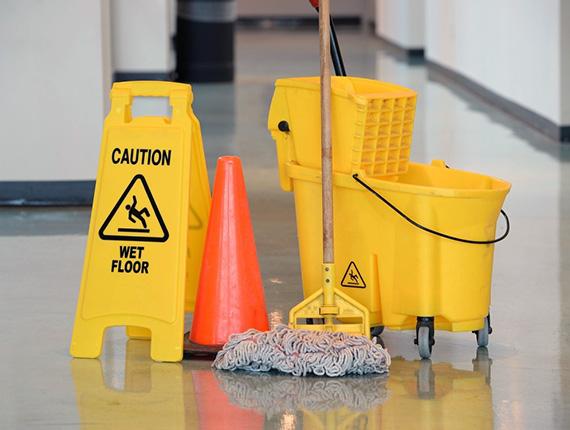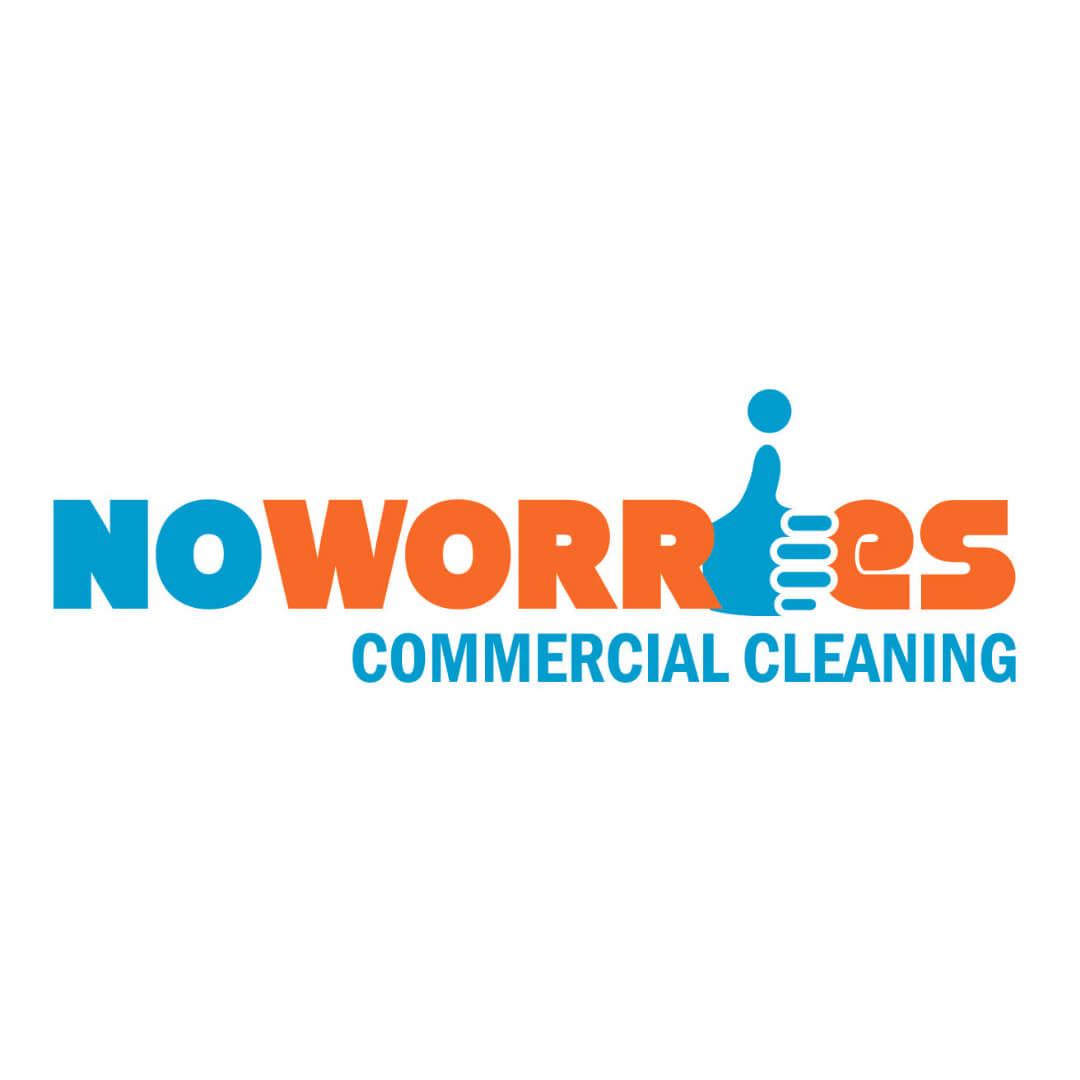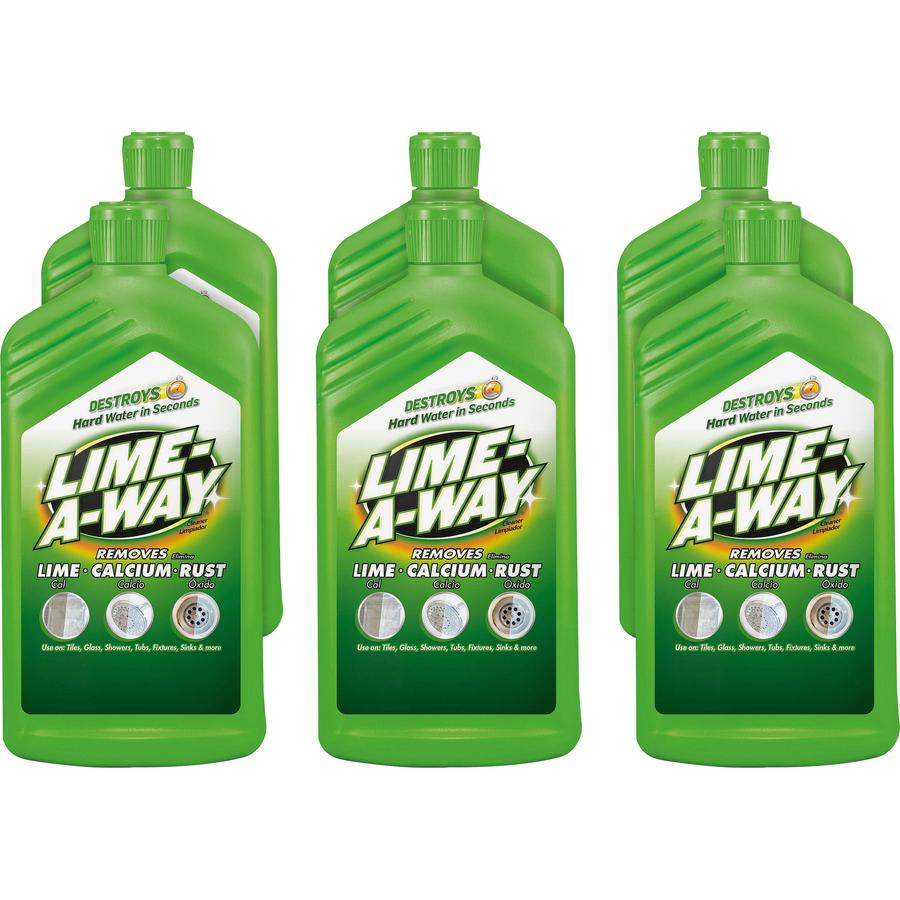
Between the cathedral spires and the curve of the Brayford Pool, Lincoln balances heritage with steady growth-and cleanliness underpins both. From student flats turning over at the end of term to shopfronts on the High Street, warehouse floors on the outskirts, and family homes tucked along cobbled streets, demand for cleaning services here is varied and practical. Providers range from solo specialists to larger teams, offering everything from weekly domestic routines and end‑of‑tenancy turnarounds to commercial contracts, builder’s cleans, carpet and upholstery care, and eco‑forward options that favour low‑toxicity products.
Choosing the right fit often comes down to scope, timing, and transparency. Residents and businesses alike weigh factors such as insurance and accreditation, pricing models (hourly, per room, or per square metre), equipment included, availability for urgent call‑outs, and guarantees on workmanship. With Lincoln’s mix of historic properties and modern developments, an understanding of different surfaces, access constraints, and conservation requirements can also matter.
This article introduces the local landscape of cleaning services in Lincoln, UK-what’s on offer, what influences cost, how scheduling typically works, and the checks that help ensure reliable results. The aim is simple: to give you a clear starting point for comparing options and commissioning a service that suits your space.
Table of Contents
- Services Lincoln Homes and Businesses Request Most and What They Cost
- How to Vet Local Providers for Accreditation Insurance and Green Methods
- Scheduling Strategies for High Street Premises and Student Lets Around Term Dates
- Recommendations for Hard Water Limescale Removal and Waste Handling That Meets City of Lincoln Council Rules
- Final Thoughts
Services Lincoln Homes and Businesses Request Most and What They Cost
Across the city’s terraces, new-builds, and busy retail units, the most-booked tasks are a mix of sparkle and maintenance: weekly home cleaning to keep on top of life, a one-off deep clean before visitors, end of tenancy resets between lets, reliable office cleaning for shared spaces, fabric-friendly carpet refreshes, streak-free window cleaning, and a gleaming oven revival. Providers typically bring insurance, vetted teams, and eco-friendly options on request, with kitchens, bathrooms, and high-touch points included as standard and add-ons available for fridges, internal windows, and limescale detail.
Budgets vary with size, condition, access, and how often you book. Use the snapshot below to sense-check quotes and align the right service with your schedule and standards.
| Service | Typical Price | Best For | Frequency |
|---|---|---|---|
| Weekly Home Clean | £18-£24/hr | Busy households | Weekly/Fortnightly |
| Deep Clean (2-bed) | £140-£200 | Spring reset | One-off |
| End of Tenancy (2-bed) | £160-£260 | Renters/Landlords | One-off |
| Office Clean (SME) | £18-£23/hr | Studios & shops | 2-5x weekly |
| Carpet Clean (per room) | £25-£40 | Homes & lets | Annual/As needed |
| Oven Clean (single) | £55-£75 | Home kitchens | 3-6 months |
| Window Clean (home, ext.) | £15-£30 | Most properties | 4-8 weeks |
- What shapes cost: rooms and bathrooms, condition, parking/access, pet hair, and specific materials (e.g., stone, wood, wool carpets).
- Ways to save: tidy surfaces before arrival, choose recurring slots, bundle add-ons, share building access with neighbours, and consider off-peak times.
How to Vet Local Providers for Accreditation Insurance and Green Methods
Start by asking for verifiable quality and safety credentials. Look for BICSc membership, ISO 9001 (quality) and ISO 14001 (environmental), plus contractor schemes such as SafeContractor or CHAS. Check that certificates carry the UKAS crown-and-tick logo and are in date. Confirm workforce standards: DBS checks for staff attending homes or schools, documented COSHH training, and site-specific RAMS covering your premises (helpful to see versions tailored to LN1-LN6 postcodes). A reputable firm will share a training matrix and provide two local references without hesitation.
- Ask to see: certificate PDFs with numbers and expiry dates
- Verify online: accreditation body lookups and Companies House details
- Request samples: RAMS, MSDS, and a product list used on your site
- Check staffing: supervision ratios, uniform policy, and ID/badge protocol
Insurance and sustainability should be equally transparent. Confirm public liability (£5m+), employers’ liability (£10m), and specific treatment risk for surfaces and fabrics, plus key-holding cover if access is unsupervised. For greener practice, look for EU Ecolabel or Cradle to Cradle products, closed-loop dosing systems, microfibre with colour-coding, HEPA-filtered vacuums, and battery or low-energy kit. If waste is removed, the provider should hold an Environment Agency Waste Carrier Licence and supply transfer notes; bonus points for zero-to-landfill partners and route planning that cuts city-centre emissions.
| Check | What to Ask | Proof |
|---|---|---|
| Accreditation | BICSc, ISO 9001/14001, SafeContractor/CHAS | Cert numbers + UKAS logo + expiry |
| Insurance | £5m+ PL, £10m EL, treatment risk, key-holding | Policy schedule + broker letter naming your address |
| Green Methods | Ecolabel chemicals, dosing, microfibre, HEPA | Product list, SDS, equipment specs |
| People | DBS checks, COSHH, RAMS, supervision | Training matrix + sample RAMS |
| Waste | EA Carrier Licence, zero-to-landfill | Licence number + transfer notes |
Scheduling Strategies for High Street Premises and Student Lets Around Term Dates
Footfall on Lincoln’s main shopping streets ebbs and flows with retail peaks, deliveries and night-time trading, so agile timing prevents disruption while keeping storefronts immaculate. Build a week that mixes pre-open sparkle (glass, thresholds, contact points) with post-trade reset (floors, washrooms, waste), then weave in micro-cleans between rushes for queue zones and changing rooms. Align visits with bin collections and supplier drops to reduce back-of-house congestion, and ringfence out-of-hours windows for machine work, gum removal and signage/fascia detailing. Seasonal surges-sales launches, weekend events and festive trade-benefit from short, high-frequency same-day refresh slots to maintain shine without occupying the shop floor.
- Time blocks that breathe: 06:00-08:00 openers, 10-minute mid-morning touch-ups, close-down detail 30 minutes after shutters.
- Zoned cleaning: front-of-house visibility first; back-of-house and staff areas scheduled when teams are off-shift.
- Event triggers: add pop-up cleans for promo installs, student nights and weekend footfall spikes.
- Quiet kit choices: low-decibel vacuums and cordless tools for live-trade tidying.
- Compliance-friendly timing: match waste, washroom and sanitary servicing to council and landlord windows.
University calendars create predictable waves: arrivals, reading weeks, exams and quickfire move-outs. For shared houses and PBSA, staggered plans reduce bottlenecks-think inventory-ready deep cleans before key handover, low-noise maintenance in revision periods, and rapid end-of-tenancy turnovers that pair room-by-room sign-off with communal area resets. Build buffer days for snagging, coordinate key collection and linen logistics, and prioritise high-impact tasks-appliance descaling, bathroom desanitising, mould prevention and mattress sanitisation-so each check-in feels new-term fresh.
| Window | Ideal Time | Focus | Note |
|---|---|---|---|
| Pre-Arrival Week | 2-4 days before | Deep clean, inventories, mattresses | Stage essentials; test appliances |
| Fresher Arrivals | Evenings | Corridor/entrance refresh | High turnover of foot traffic |
| Mid-Term | Late morning | Kitchens, bathrooms, limescale | Prevent build-up; reduce end-load |
| Exam Period | Midday | Low-noise touch-ups | Respect quiet hours |
| Move-Out Weekend | Same/next day | End-of-tenancy deep clean | Photo evidence; keys tracked |
| Summer Turnaround | Staggered by block | Paint touch-ups, steam clean | Bulk consumables restock |
Recommendations for Hard Water Limescale Removal and Waste Handling That Meets City of Lincoln Council Rules
Hard-water limescale in Lincoln is best tackled with low-fume, biodegradable acids and precise technique. Prioritise citric or lactic acid descalers for taps, shower screens, and kettles; use a phosphoric gel for stubborn toilet rings to control run-off, and avoid harsh hydrochloric acids in homes, heritage settings, and on chrome. Pre-wet, apply, allow dwell-time, agitate with a non-scratch pad, then rinse sparingly and squeegee dry to cut residues. Always spot-test on natural stone and soft metals. Capture slurry as you work; do not allow chemicals into surface gullies. Local drains often lead to waterways, and discharge rules are enforced by the council and the sewerage undertaker (Anglian Water).
- Choose safer chemistries: citric/lactic for bathrooms and kitchens; pH-balanced gels for vertical faces.
- Control the dwell: short, repeated applications outperform one long soak.
- Shield sensitive finishes: mask chrome, aluminium, and limestone; rinse promptly.
- Work “wet and contained”: plug outlets, use wet-vacs, and keep runoff off stone floors and grout lines.
For waste handling, plan to capture, neutralise, and dispose responsibly. Keep residues out of surface water drains; send only suitable, neutralised rinse water to the foul sewer and only where permitted by site rules and, for commercial work, any Anglian Water consent requirements. Neutralise acidic residues with bicarbonate until near-neutral, filter out grit, and store collected waste in labelled, closed containers. Maintain SDS on site, keep waste transfer notes, and use an Environment Agency-registered waste carrier for trade waste. The City of Lincoln Council provides business waste options-verify current acceptance criteria before booking.
- Segregate waste streams: solids, liquids, recyclables; never mix chemicals.
- Paperwork matters: keep transfer/consignment records and product SDS accessible.
- Test before disposal: use pH strips; only discharge via foul sewer when allowed.
- Train staff: COSHH, spill kits, and labelled “no-chemicals-to-drain” sinks reduce risk.
| Surface | Agent | Method | Waste Route |
|---|---|---|---|
| Chrome taps | Citric spray | Short dwell, microfiber buff | Wipe into cloth; bag as general waste |
| Toilet bowl | Phosphoric gel | Gel ring, pad, controlled rinse | Capture with wet-vac; neutralise; foul sewer if permitted |
| Shower glass | Lactic foam | Foam dwell, non-scratch pad | Cloth capture; minimal rinse to foul sewer |
| Limestone trim | pH-neutral cleaner | Spot-test, gentle agitation | Solid residues to bag; no acids to drain |
Final Thoughts
From the shadow of Lincoln Cathedral to the banks of Brayford Pool, the city’s rhythm leaves little time for dust and disorder. As we’ve seen, cleaning services in Lincoln span everything from weekly domestic routines and student changeovers to builders’ cleans, end-of-tenancy refreshes, carpet care, and window work-often with eco-conscious options and flexible schedules to match local life.
Finding the right fit is largely a matter of clarity: what needs doing, how often, and to what standard. Transparent pricing, proof of insurance, DBS-checked staff where appropriate, COSHH-aware practices, and responsible waste handling are all sensible benchmarks. References help, as do clear method statements for commercial sites or heritage-sensitive properties.
Whether you manage a high-street unit, run a guest let, or simply want a home that resets at the end of the day, Lincoln’s cleaning providers are equipped to keep spaces consistent, compliant, and cared for. In a historic city that balances preservation with progress, a well-chosen service doesn’t just tidy-it sustains the places where work, study, and everyday life unfold. And when the light catches the stone and glass above the hill, it’s easier to notice when everything closer to home is quietly in order too.





